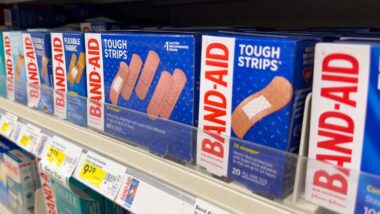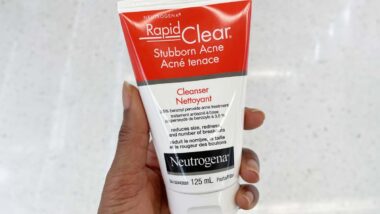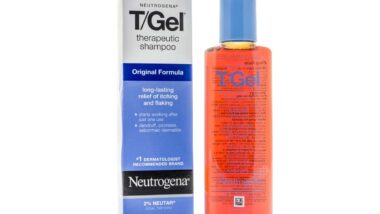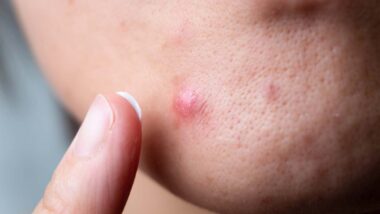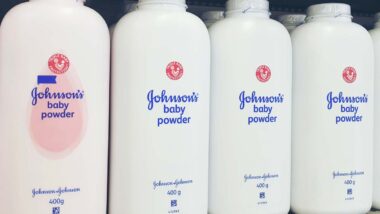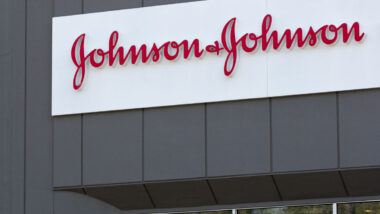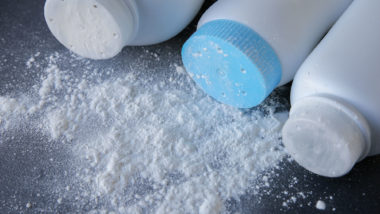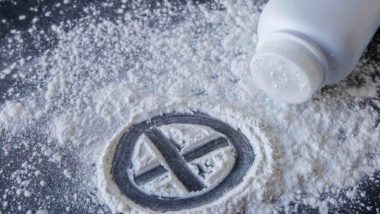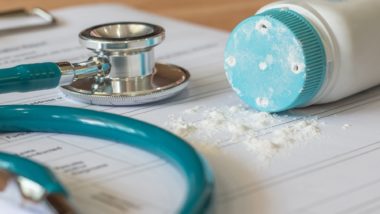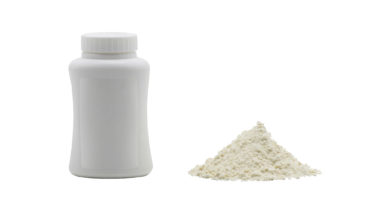Top Class Actions’s website and social media posts use affiliate links. If you make a purchase using such links, we may receive a commission, but it will not result in any additional charges to you. Please review our Affiliate Link Disclosure for more information.
Twenty-two women won their lawsuit against Johnson & Johnson based on allegations that the company knowingly concealed from the public that its baby powder and other talc products were contaminated with asbestos fibers and caused them to get ovarian cancer.
The jury ordered the company to pay a whopping $4.69 billion in damages, according to a December 2018 New York Times report.
Some 12,000 people have sued the pharmaceutical and consumer product goods giant, accusing the company of putting the public at risk of developing cancer from talc contaminated with asbestos.
Johnson & Johnson has denied the allegations and maintains that its products are safe.
Can you get cancer from talc?
Over the last several decades, a number of medical studies have connected the use of talc powder with ovarian cancer risk. While talc has not been definitively linked to an increased risk of cancer, the mineral is often contaminated with asbestos fibers, which are a known carcinogen. It may be difficult to determine whether your talc products have been contaminated and are dangerous.
Unless your Johnson & Johnson baby powder specifies that its 100 percent corn starch, it likely contains talc. Any Johnson & Johnson baby powder products containing talc may also contain asbestos. Asbestos exposure may lead to a variety of dangerous health conditions, including cancer.
As asbestos-related cancers often take a decade or more to develop, it may be years before victims of cancer from talc and asbestos products know that they have been exposed.
What is talc?
Talc is a type of clay mineral made up of magnesium silicate. It is often used as a thickening agent or lubricant in many products. Talc is a main ingredient in many cosmetic products, including baby powder, lipstick, mascara, blush, eye shadow, face powder, and foundation. The mineral is often added to cosmetic products in order to create a silky smooth feeling, as well as absorbing moisture. It is often used to prevent rashes and keep the skin dry.
In addition to cosmetics, talc is used in a number of other manufacturing processes and products. It is used in food processing and supplement manufacturing, and may be an ingredient in chewing gum, crayons, children’s toys, and polished rice.
So is talc dangerous? While talc itself has not been definitively determined to be a dangerous mineral, it is often mined in close proximity to asbestos. Asbestos is a type of naturally occurring fibrous mineral used in many products, including floor tiles and building materials. According to the Occupational Safety and Health Administration (OSHA), exposure to asbestos fibers may result in several serious health conditions. When asbestos fibers are inhaled, they may cause inflammation and irritation in the lungs. This inflammation may eventually lead to scar tissue and mesothelioma, or cancer of the lungs.
Who is at risk?
Many types of people use baby powder for a variety of purposes. While parents may use the product on children, many people also rely on it for cosmetic or hygiene purposes. Anyone who uses Johnson & Johnson talc-based products may be at risk of developing cancer from talc products.
Victims who have been diagnosed with cancer due to long-term use of Johnson & Johnson baby powder talc products may be able to hire an attorney and file a class action lawsuit against the company to pursue compensation and damages. Victims may be able to pursue compensation for medical expenses, injuries, and pain and suffering.
Talc-based baby powder disappearing from U.S. marketplace

Johnson & Johnson is facing more than 19,000 cancer lawsuits, some of which allege the Baby Powder caused ovarian cancer, but some of which also allege the powder led to the development of mesothelioma, a rare and deadly form of cancer of the lining of an organ.
So far, Johnson & Johnson has lost more cases than it has won, but it’s appealing most of the losses.
Johnson & Johnson disclosed in a February 2019 SEC filing that the U.S. Department of Justice had issued the company a subpoena to investigate what the company knew about any asbestos tainting its talcum powders and when the company knew the information.
In addition, the attorney general of New Mexico filed a lawsuit against Johnson & Johnson earlier this year. Hector Balderas said the pharmaceutical giant misled consumers about the purity and safety of its talc-based powders. He said that the company particularly targeted children in addition to Black and Hispanic women.
According to the New York Times, Balderas said Johnson & Johnson “concealed and failed to warn consumers about the dangers associated with their talc products.”
Warning signs of ovarian cancer
Discovering symptoms of ovarian cancer can be overwhelming for a person who did not know about the potential risk associated with asbestos fibers in talc. Knowing how to spot signs of ovarian cancer could help someone get treatment as soon as possible.
Ovarian cancer starts in the ovaries, but this form of cancer usually is not detected until the cancer has spread to the abdomen and pelvis, according to the Mayo Clinic. When the cancer is identified at the very early stages, there is a better chance of recovery and successful treatment.
The symptoms of ovarian cancer can vary from one patient to another, but can include:
- Feeling full quickly when eating
- Swelling or bloating in the abdomen
- Weight loss
- Frequent urination
- Pelvic discomfort
Someone who begins to experience these problems outside of other medical conditions should report these concerns to their doctor immediately in order to be screened for potential cancer issues.
While anyone with ovaries could develop ovarian cancer, certain categories are more at risk than others. Those who are older, who have inherited gene mutations, family history of ovarian cancer, and involvement with estrogen hormone replacement therapy can all heighten a person’s risk of ovarian cancer.
A growing number of people say that they got ovarian cancer not due to known risk factors, but because of their regular use of talcum powder, which they assumed was safe. Some of those patients have opted to file lawsuits against the makers of talc powder.
Join a free Johnson’s baby powder class action lawsuit investigation
If you or your loved one was diagnosed with ovarian cancer and used a baby powder product such as Johnson and Johnson Baby Powder or Shower to Shower, submit your information now in the form on this page for a free and confidential case evaluation.
You may qualify to pursue compensation for your medical bills, pain and suffering, and other damages.
See if you qualify by filling out the free form on this page.
ATTORNEY ADVERTISING
Top Class Actions is a Proud Member of the American Bar Association
LEGAL INFORMATION IS NOT LEGAL ADVICE
Top Class Actions Legal Statement
©2008 – 2024 Top Class Actions® LLC
Various Trademarks held by their respective owners
This website is not intended for viewing or usage by European Union citizens.
Get help – it’s free
Join a free Johnson’s baby powder class action lawsuit investigation
Failing to warn consumers about the danger of baby powder cancer could make companies liable for your injuries. If you used Johnson’s Baby Powder or Shower to Shower body powder and were diagnosed with ovarian cancer or mesothelioma — or your loved one was — you may have a legal claim.
Please Note: If you want to participate in this investigation, it is imperative that you reply to the law firm if they call or email you. Failing to do so may result in you not getting signed up as a client or getting you dropped as a client.
Submit your information now for a free case evaluation!
E-mail any problems with this form to:
Questions@TopClassActions.com.


